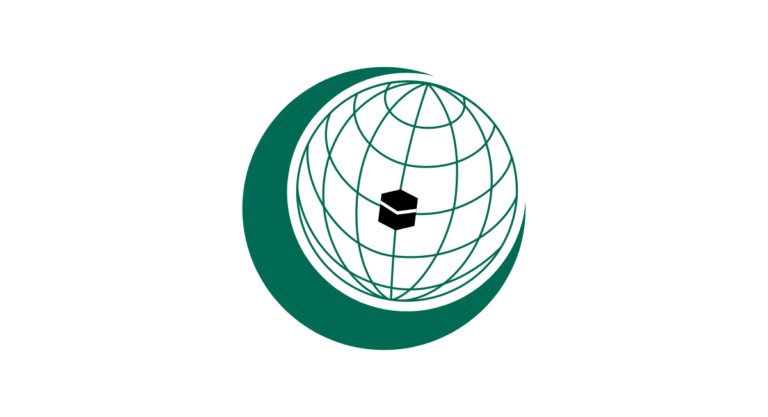The Organization of Islamic Cooperation (OIC), an international body representing Muslim-majority countries, has raised concerns by remaining notably silent on Pakistan’s recent controversial decision to expel approximately 1.7 million Afghan nationals, one of the country’s largest immigrant communities. This silence has led to questions regarding the organization’s stance on immigration and human rights issues.
On Wednesday, Pakistan initiated a significant mass expulsion of undocumented foreigners, with a majority being Afghan nationals. This policy, announced a month ago, is being executed in phases, involving the temporary placement of migrants and refugees in holding centers before their deportation.
The decision to undertake this mass expulsion is unprecedented in scale, with Islamabad arguing that it is necessary to safeguard public welfare and enhance national security. However, many experts speculate that domestic politics and the deteriorating relations between Pakistan and the Taliban-led government in Afghanistan played a crucial role in shaping this decision.
In recent weeks, Islamabad had called on undocumented foreigners to leave voluntarily by November 1. According to the government, around 200,000 Afghan nationals had already departed the country over the past two months. The scenes at the border have been heart-wrenching, with Afghan students bidding farewell to their Pakistani classmates, and trucks lined up to carry the belongings of departing Afghans.
The potential repercussions of Pakistan’s drastic decision are grave. Taliban-led Afghanistan is ill-equipped to accommodate the massive return of Afghans, which would likely result in a severe humanitarian crisis. Afghanistan already faces critical issues, including acute food insecurity exacerbated by droughts, floods, and earthquakes, as well as a reduction in international aid and relief organizations due to Taliban policies. Most returning Afghan girls and women may find it challenging to attend school or secure employment.
For decades, Pakistan has been a favored destination for Afghans fleeing conflict, with millions having entered the country since the 1970s, including at least 600,000 after the Taliban takeover in 2021. Despite being a relatively poor country, Pakistan has taken pride in its ability to host a large number of Afghan refugees. However, human rights groups have documented instances of discrimination against Afghans in terms of employment, education, and interactions with landlords and law enforcement. Some Pakistanis, including government officials, have accused Afghans of job theft, drug dealing, and involvement in terrorism. Past efforts have been made to expel thousands of Afghans from the country.
The expulsion policy may stem from a perception in Pakistan that Afghans have become scapegoats during one of the nation’s most severe economic crises in recent years. Additionally, Pakistan is grappling with a resurgence of terrorism, primarily attributed to the Afghanistan-based Tehreek-e-Taliban Pakistan (TTP). Last month, interim Interior Minister Sarfraz Bugti accused Afghans of being involved in organized crime and terrorism, indirectly implying that they were impeding Pakistan’s economic recovery.
While some Pakistanis have openly condemned the move and staged protests against it, it remains uncertain how many oppose the policy. Public opinion is unlikely to sway Islamabad’s decision. Pakistan is currently under the leadership of an apolitical caretaker government, preparing for elections in January. The military, which exerts considerable influence over the caretaker regime, is believed to be the driving force behind the policy. The army chief publicly endorsed the move and was present during the finalization of the plan, leaving the caretaker regime to handle any public backlash.
Furthermore, Pakistan’s relationship with the Taliban has deteriorated because Islamabad perceives that the group has not done enough to suppress the presence of TTP fighters and bases in Afghanistan. It is possible that Pakistan is employing the expulsion policy as leverage to encourage the Taliban, who have condemned the move, to cooperate more extensively on counterterrorism efforts.
Regrettably, vulnerable Afghans, spanning from new arrivals to long-established residents who consider Pakistan their only home, have become casualties of broader geopolitical maneuvering. The implications of this mass expulsion remain to be seen, as international attention turns to the fate of the displaced Afghans and the evolving dynamics in the region. The OIC’s apparent silence on this matter raises important questions about its consistency and commitment to addressing immigration and human rights issues across the Islamic world.



